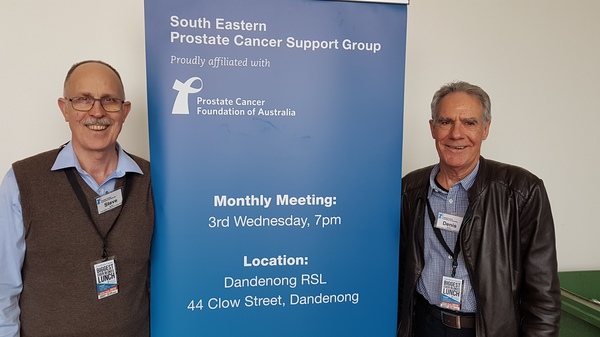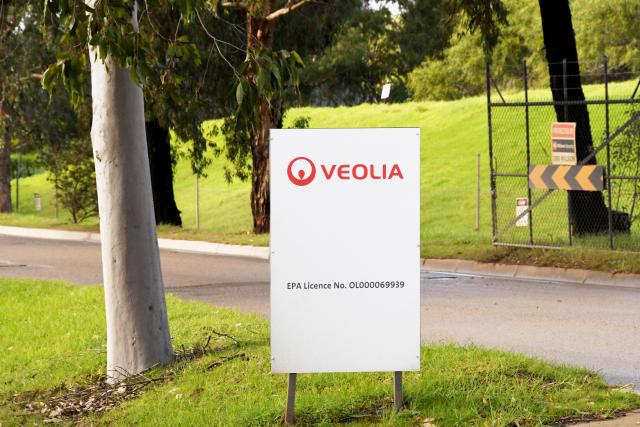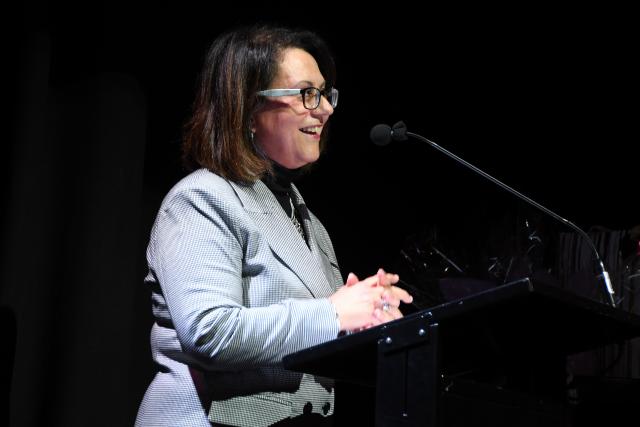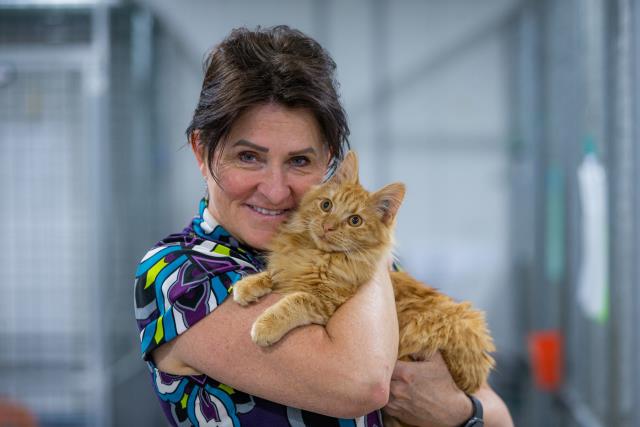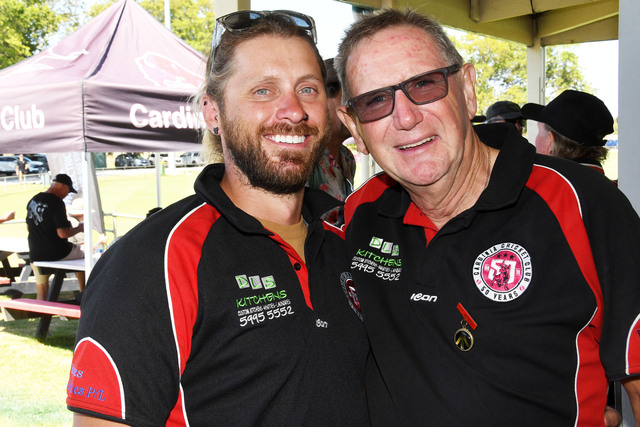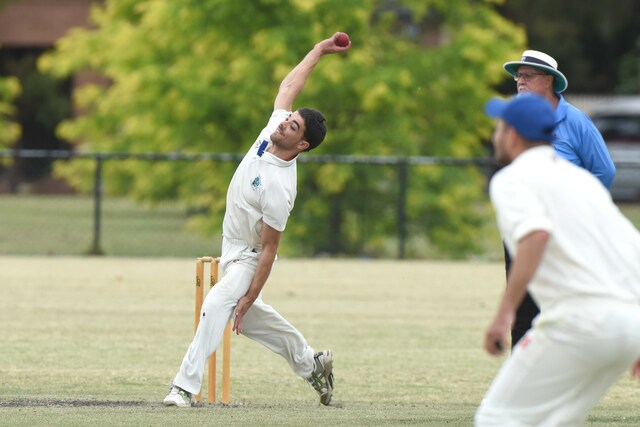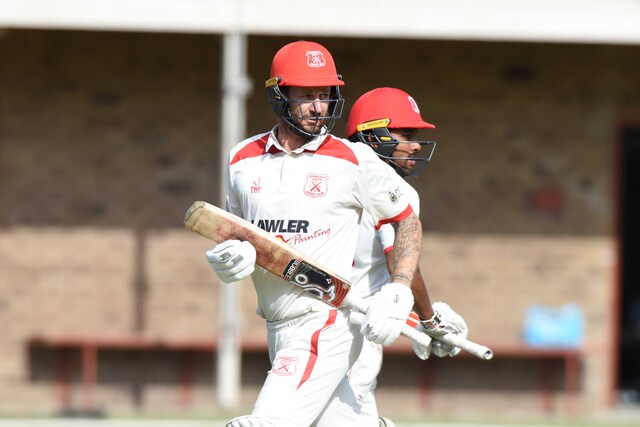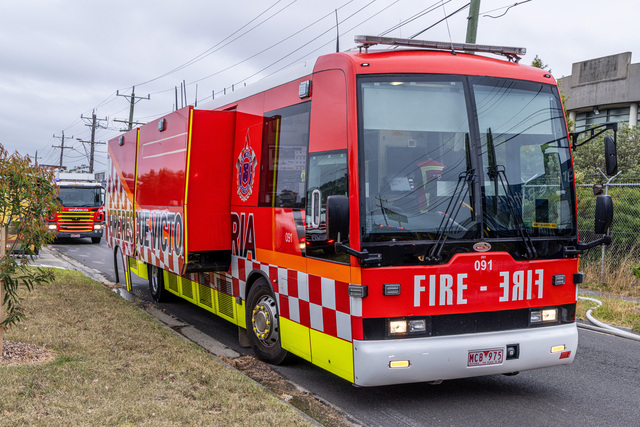Each year, approximately 3500 Australian men die of prostate cancer.
It’s estimated to be the second most common cause of death from cancer in Australian men, and more men die of prostate cancer than women die of breast cancer.
But if it is diagnosed early, the chances of curing the disease are higher.
September is Prostate Cancer Awareness Month, and men at risk of developing the disease are being urged to get tested.
Men over the age of 50, or 40 with a family history of prostate cancer, should speak to their GP about their prostate health.
Age is not the only risk factor of prostate cancer; other factors like genetics, family history, diet and lifestyle can play a role.
Many men feel uncomfortable about getting a “finger exam” done if they voice any concerns to the doctor – but the digital rectal examination (DRE) is no longer recommended as the first test for prostate cancer.
Instead, it’s likely that doctors will ask patients to undergo a simple blood test known as the PSA test, which checks whether there is an increase in the prostate specific antigen (PSA). If PSA is found to be elevated, your GP will recommend other tests to confirm a diagnosis of prostate cancer such as a biopsy and a Magnetic Resonance Imaging. It’s important to remember that elevated PSA can indicate other prostate problems and doesn’t necessarily mean cancer is present.
There are also 29 different types of prostate cancer. Some are harmless and some are aggressive; some can be contained to the prostate but others can spread to other parts of the body. Treatment for each type is different, with surgery just one option. A specialist will be able to advice on treatment options once a diagnosis has been confirmed.
If a patient is unsure about the advice they have been given, getting a second opinion can enable them to learn more about their cancer type and make the best-informed decisions about their treatment.
A variety of supports also exist, providing men and their families with a place to hear experiences, gather information and feel supported on their prostate health journey.
The South Eastern Prostate Cancer Support Group meets at Dandenong RSL at 7.00pm on the third Wednesday of each month. For further information on the group, email southeasternpcsg@gmail.com.
For more information on prostate cancer, visit the Prostate Cancer Foundation of Australia website, www.pcfa.org.

